Which foreign language should you learn? What are the benefits of knowing certain languages?

Learning a foreign language has many benefits. Each additional language opens up new doors in life. It is a huge plus for your CV or when applying to study abroad. Learn the foreign language that will help you achieve your dreams.
What should you consider when choosing a foreign language to learn?

When choosing a foreign language, it is worth considering several criteria. When considering which one to learn, you need to decide what is important to you.
Popularity of the foreign language
Do you want to travel, work in an international company, or just be able to talk to as many people from all over the world as possible? Consider learning one of the popular languages.
Choose languages that you can use in many parts of the world
It could be Spanish, French or German, which are languages known by a lot of people – both native speakers and non-native speakers.
However, you don’t necessarily have to want to learn a widely known language. If you prefer to learn less commonly used languages, it is worth looking into, for example, Scandinavian languages. Fewer people in Europe or America speak any African language. The fact that you know minority languages means less competition for some companies.
Difficulty of learning the language
Another criterion for choosing a foreign language to learn may be the ease of learning it. Many people are more willing to start learning when a language is widely believed to be easy to learn. Among the “simple” languages that are more eagerly taken up are: Spanish, Italian. Interestingly, Swahili is also classified as an easy language – despite its negligible popularity in Europe.
The fact is that it is easier to learn languages from the same family. Then they often have similar grammatical or lexical structures. There may also be many related words, and the pronunciation may not differ from that in your native language.
If you prefer to challenge yourself, it is worth trying to learn more complicated (grammatically, construction-wise, syntactically) languages, e.g. Asian ones – such as Chinese or Japanese. Arabic, with its letters changing shape depending on the word, often poses a difficulty, but is definitely achievable, like any other!
What foreign languages are worth learning on your own or in courses? Check out the benefits of learning languages that you can choose from at our Cambridge School of English!
English - why learn English?

English is by far the most popular language in the world. Despite the relatively small number of native speakers, it is the most commonly learned as a second or third language in almost every corner of the world. No matter where life takes you, you will most likely find a place where you can communicate in English. It is often a necessary requirement in a CV when applying for a job in many institutions, as well as when applying to study abroad.
German - why learn German?

By learning German, you can communicate with over 120 million people for whom it is their native language. Many people learn it as a foreign language. After all, it is one of the most commonly taught languages. Knowledge of German can significantly improve your personal or professional situation. Germany is an attractive center for foreign investors. 500 of the world’s largest companies are present there. Switzerland, another German-speaking country, has one of the highest standards of living in the world. In addition, German companies have created approximately 700,000 jobs in the United States.
French - why learn French?

French is a language often chosen for learning due to its universality. By speaking French, you can communicate not only in France but also in many other countries around the world, such as Canada, French Guiana, Belgium, or African areas. French is the second most commonly learned foreign language after English.
Italian - why learn Italian?

Italian is a relatively popular language to learn due to its ease. Of course, you need to devote a long period of time to learn it, but it does not have a complicated grammar, and sentences are constructed similarly. What is important is that Italian is a Romance language, so after mastering it, learning Spanish or French will be much easier. Moreover, there are currently incredibly many job offers on the market that require knowledge of the Italian language, due to its popularity.
Spanish - why learn Spanish?

Spanish is one of the most well-known languages in the world, used by people almost all over the globe. In addition to Spain, it can be found in almost all of Latin America (including Mexico, Peru, Venezuela, Chile, Argentina, Paraguay, Bolivia, and many others). Users of this language can also be found in the Philippines, Morocco, Cuba, or the Canary Islands. On the job market, you will also find a huge number of job offers requiring knowledge of Spanish. What is also important is that it is a language that is widespread in pop culture.
Chinese - why learn Chinese?

Contrary to appearances, Chinese is not the most popular language to learn. China has the largest population in the world, which translates into speech. It is a difficult language, so if you are looking for challenges, Chinese may be just for you. An additional difficulty is the fact that there are many dialects. Apart from setting the bar high, Chinese is an incredibly useful language. China is one of the largest economies in the world. It is a superpower that has all the predispositions to become the biggest power in the future.
Enroll a language course!

There are still many criteria, perhaps even personal ones, that are worth considering before choosing a language. It is worth getting acquainted with the future job market, among other things. The language you want to learn must be tailored to yourself and your plans. It is also worth choosing the right learning method. At Cambridge School of English, we offer courses not only for those who want to learn English. We have a very wide range of online learning options on e-learning platforms, as well as remote courses with qualified Polish and native speaker teachers. In our school, you can learn languages such as Japanese, Arabic, Chinese, Norwegian, Dutch, Italian, German, Spanish or French. We also prepare for certification exams in English, Spanish, German, French and Chinese.

